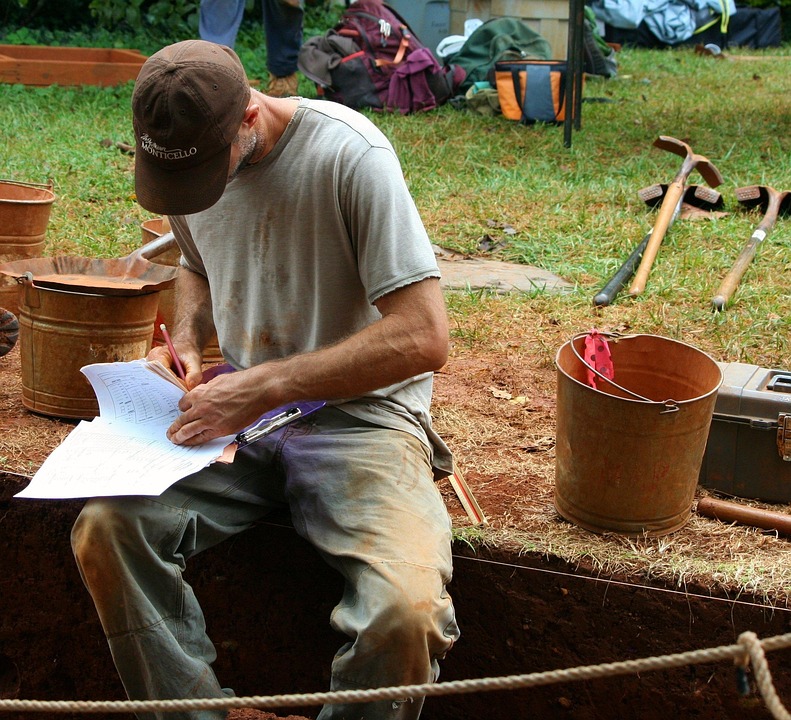Essential Interview Guides for Aspiring Archaeologists: Tips and Strategies for Success
Embarking on a career in archaeology is akin to unearthing a treasure trove of history. However, the journey often begins with a pivotal moment: the interview. For those keen to delve into this fascinating field, understanding how to navigate the interview process can make all the difference. Here are some vital strategies you might find invaluable.
1. Know Your Field
Archaeology is not monolithic; it’s a tapestry woven from various threads—prehistoric, classical, and contemporary studies, to name but a few. Familiarise yourself with different specialisations. Are you more inclined towards environmental archaeology, or do ancient civilisations captivate your imagination? Demonstrating a nuanced understanding of your chosen focus during the interview showcases your commitment and enthusiasm.
2. Brush Up on Current Trends
The field of archaeology is ever-evolving. Innovations in technology, such as GIS and remote sensing, are revolutionising how we explore the past. Being conversant with these advancements not only enriches your knowledge base but also positions you as a forward-thinking candidate. Mention any relevant coursework or projects that highlight your engagement with contemporary methodologies.
3. Prepare for Practical Questions
Expect to encounter scenario-based questions that assess your problem-solving abilities. You might be asked how you would approach a dig site with unforeseen challenges. Think critically about your past experiences—perhaps a field school or a volunteer project—and articulate how those lessons have equipped you to tackle real-world problems.
4. Showcase Your Skills
While academic credentials are essential, soft skills are equally vital in archaeology. Teamwork, communication, and adaptability are crucial when collaborating with diverse groups, from fellow archaeologists to local communities. Reflect on experiences where you’ve successfully demonstrated these attributes, whether it was during a group project or a collaborative dig.
5. Pose Thoughtful Questions
Interviews are a two-way street. Not only should you be prepared to answer questions, but you should also have queries of your own. Inquire about the organisation’s current projects, its approach to community engagement, or how it integrates new technologies. This not only shows your genuine interest but also gives you insight into whether the organisation aligns with your career aspirations.
6. Dress for the Occasion
While archaeology may evoke images of wellington boots and sun hats, your interview attire should reflect professionalism. Opt for smart-casual clothing, keeping in mind the tone of the organisation. Dressing appropriately demonstrates respect for the opportunity and a serious approach to your career.
7. Follow Up
After the interview, don’t underestimate the power of a heartfelt thank you note. A brief email expressing gratitude for the opportunity to interview, along with a reiteration of your enthusiasm for the role, can leave a lasting impression. It’s a simple yet effective way to stand out in a sea of candidates.
As you prepare for your archaeological interview, remember that each step you take is a fragment of your journey, much like the artefacts you seek to uncover. By embodying a blend of knowledge, skills, and passion, you’ll be well on your way to making your mark in this captivating field. CVPortal continually brings you an array of quality CV samples to aid you in your quest for success.


